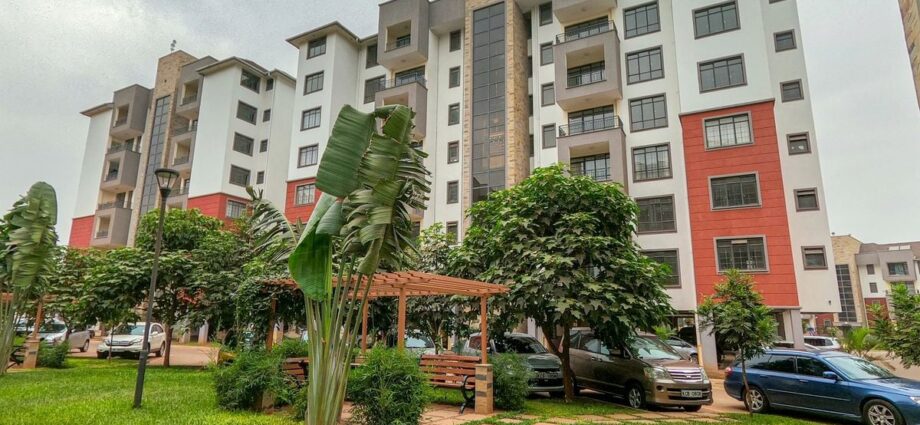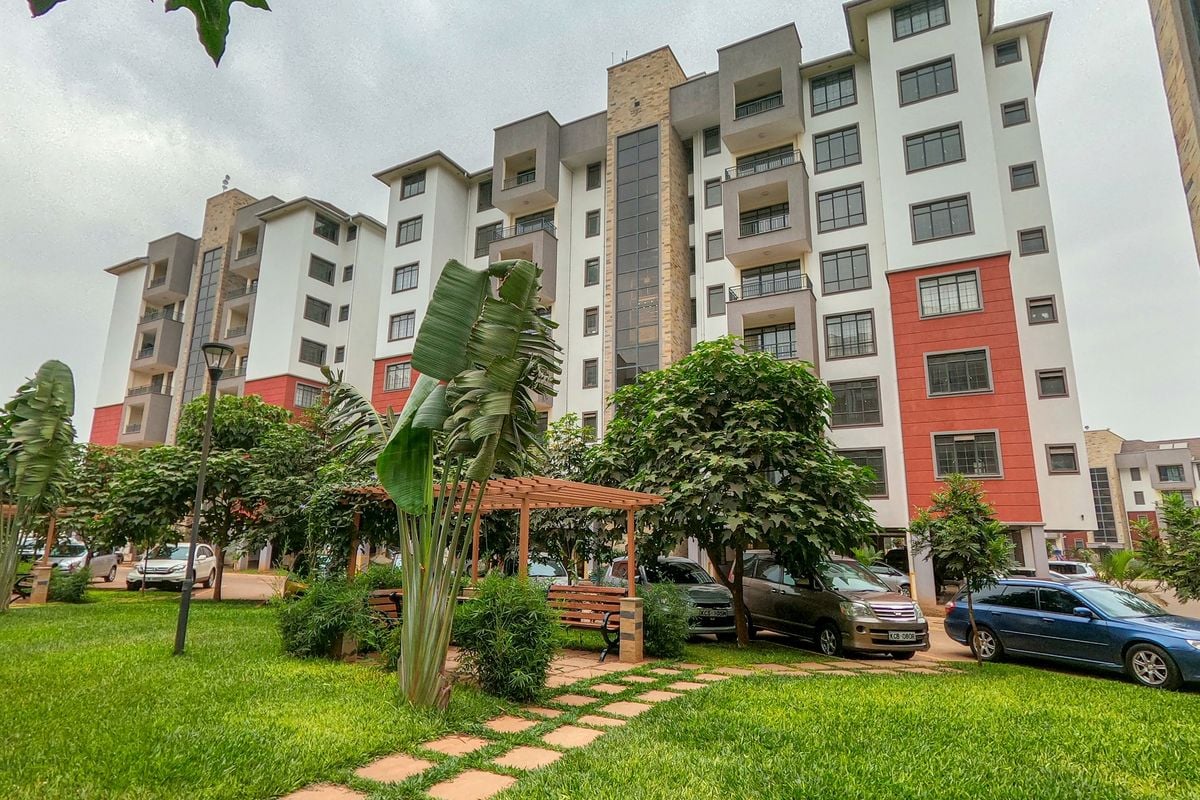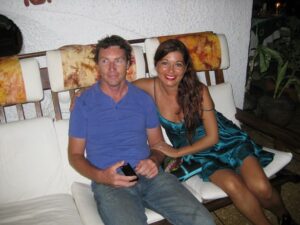A few years ago, many institutional investors regarded destinations in the Middle East such as Dubai as some of the best places to acquire real estate assets.
However, due to the recent conflicts involving countries such as Israel, Iran, Syria, Lebanon, Yemen and Jordan, investors are reporting how expensive it is to acquire property in the once lucrative stations.
As a result, international investors have begun to look towards markets they once overlooked such as Africa, that have demonstrated more stability and potential for growth over the long term.
“There isn’t a lot going on in the developed markets of the world given the turmoil both in terms of macroeconomic and political instability, so investors are seeing Africa as an interesting return opportunity for them,” says Mark Dunford, CEO of Knight Frank Kenya.
The lack of scalable projects has been a challenge that has previously kept these investors from tapping into the African market, but this is changing.
More aware of the investment risks on the continent, institutional investors are now partnering with local real estate developers to boost their capacity to put up large-scale, higher-grade projects that are likely to generate more revenue than today.
“We are witnessing this in rapidly growing regions such as Nairobi, where investors are driving the development of major projects in special economic zones such as Tatu City that are attracting foreign companies as tenants,” says Dunford.
Unlike individual investors who may purchase real estate just to keep their money safe, Dunford says these institutions are investing in real estate for profit.
These institutions will, therefore, generally tend to take into account the quality of the real estate assets before investing in them, as this will give them an indication of how the assets could perform.
“International money will not come in here and buy go-downs that are sublet to tenants who have short lease lengths, and who are paying their rent in shillings, considering what has been happening with the volatility of the currency,” poses Dunford.
If the warehouse, however, is of a quality that will attract global tenants who can pay their rent in international currencies such as the US dollar, then that is something that institutional investors would be willing to put their money in.
Dunford adds that institutional investors are often drawn to properties that can accommodate very large enterprises.
That is because these organisations are the ones that can afford to lease property for an extended period, which makes them the ideal clients for investors, who tend to have a long-term view.
“When you engage some of these investors, what they will tell you is that we don’t want to go and own one supermarket in Nairobi, we want to own a supermarket chain with 50 branches across Africa, that is a sizable portfolio,” states Dunford.
Alex Njage, head of commercial property at Bowmans Kenya, says the positive thing about having more institutional investors coming into Africa is local developers are having to put up buildings of international standards for them to remain competitive.
“If an investor can find the same quality of buildings in Nairobi as they would in Dubai at a lower price, then they have no reason to go to Dubai. We are seeing more grade A offices come up in Nairobi, as well as world-class hotels, among other high-quality assets,” posed Mr Njage.
Developers are also incorporating sustainability in their projects to remain attractive to investors who tend to assess whether a building has factored in the health and well-being of its occupants, as well as whether it has factored in measures to reduce the impacts of climate change.
ESG considerations
“There is a growing pool of climate finance and accessing this finance requires that developers have a very clear outline of ESG considerations in their projects,” notes Mr Njage.
The use of modern building concepts such as biophilic design and nudge architecture has thus become common.
These designs connect buildings and their occupants to the nature around them, thus ensuring that the biodiversity is maintained and if it is lost, then it is restored.
Power efficiency, waste and water management are elements that have also become critical, and therefore some developers are leveraging the use of smart building technology to incorporate features such as automated lighting to reduce energy consumption.
“Big brands coming to look for space expect to have green-certified spaces because they know the benefits that come with such spaces. They are even willing to pay higher rent,” notes Mr Njage.
Modern projects that incorporate sustainability are not only attracting international firms as tenants but also some local companies such as those that are eyeing the export markets.
“Before a buyer in Europe decides to purchase goods from a supplier in Kenya, they would want to be sure that the goods are being processed in a clean space. So, tenants are moving to better spaces to satisfy their clients.”
The downside of this is that the older buildings are starting to perform poorly, with local owners having to contend with lower rents.















